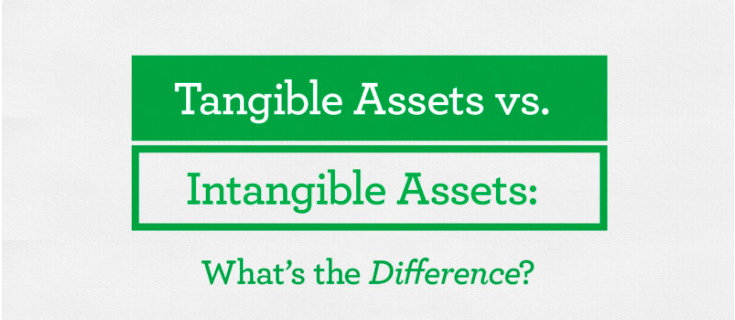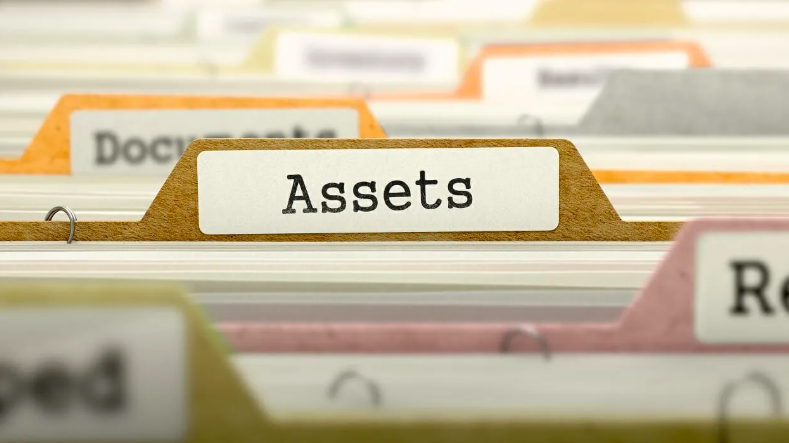
How Valuation Helps Prevent Bad Real Estate Investments
Real estate investment can be a powerful wealth-building strategy—but it's not without risks. One of the most effective ways to avoid making poor investment decisions is by conducting a professional property valuation before you commit.
In this article, we’ll explore how valuation acts as a risk management tool, helping you spot red flags, protect your capital, and ultimately make smarter, more profitable investment choices.
1. Reveals the True Market Value
Many properties are marketed with inflated prices—especially in hot markets or new developments. A valuation gives you:
A realistic picture of the property’s current market value
Insight into whether the price is fair, underpriced, or overpriced
Leverage in negotiations with sellers or agents
Buying at or below market value is the first step to a good investment.
2. Highlights Structural and Legal Concerns
Professional valuers assess not just the visible features, but also:
Structural integrity
Title documentation and ownership issues
Encumbrances or disputes attached to the land or property
This early detection helps you avoid buying into properties with hidden problems that could stall or wipe out your investment.
3. Informs Rental and ROI Projections
If you're investing in property to generate income, valuation helps assess:
Expected rental value
Rental yield based on purchase price
Long-term income potential
This ensures your investment goals align with the property’s actual earning ability—and prevents buying into a low-performing asset.
4. Assesses Location Risk and Growth Potential
Location is key in real estate. Valuation reports often factor in:
Neighborhood trends
Infrastructure development
Proximity to key amenities
Security and flood risks
A property that looks great on the surface but sits in a stagnant or declining area is a poor investment. Valuation helps you look beyond the façade.
5. Prevents Over-Borrowing or Under-Insurance
For financed purchases, valuation ensures you don’t:
Borrow more than the property is worth
Get stuck with a loan you can’t recover value from
Underinsure the property due to false assumptions about its value
Lenders also rely on valuation to determine the viability of granting a mortgage, so it safeguards both investor and financier.
6. Supports Exit Strategy Planning
A solid valuation gives you clarity on:
How much the property may be worth in future
When to sell to maximize profits
How market shifts might affect your investment
This kind of foresight prevents rushed sales, panic moves, or financial losses due to poor timing.
Conclusion
Every real estate investor should think of property valuation as a first line of defense. It’s not just about knowing what a property is worth—it's about making informed, calculated, and secure investment decisions. Skipping this step is like driving blindfolded.
If you're serious about real estate investing, make valuation a non-negotiable part of your process.

 April 23, 2025
April 23, 2025



